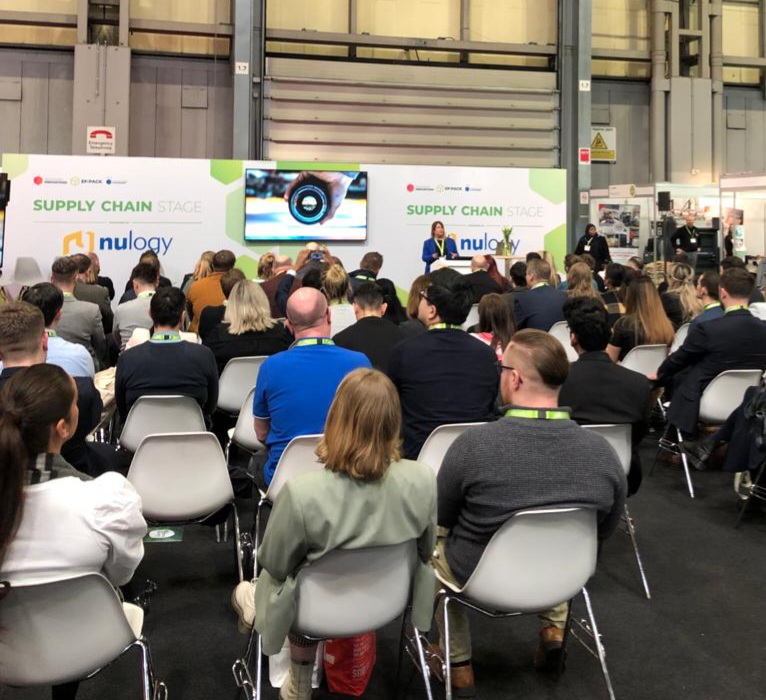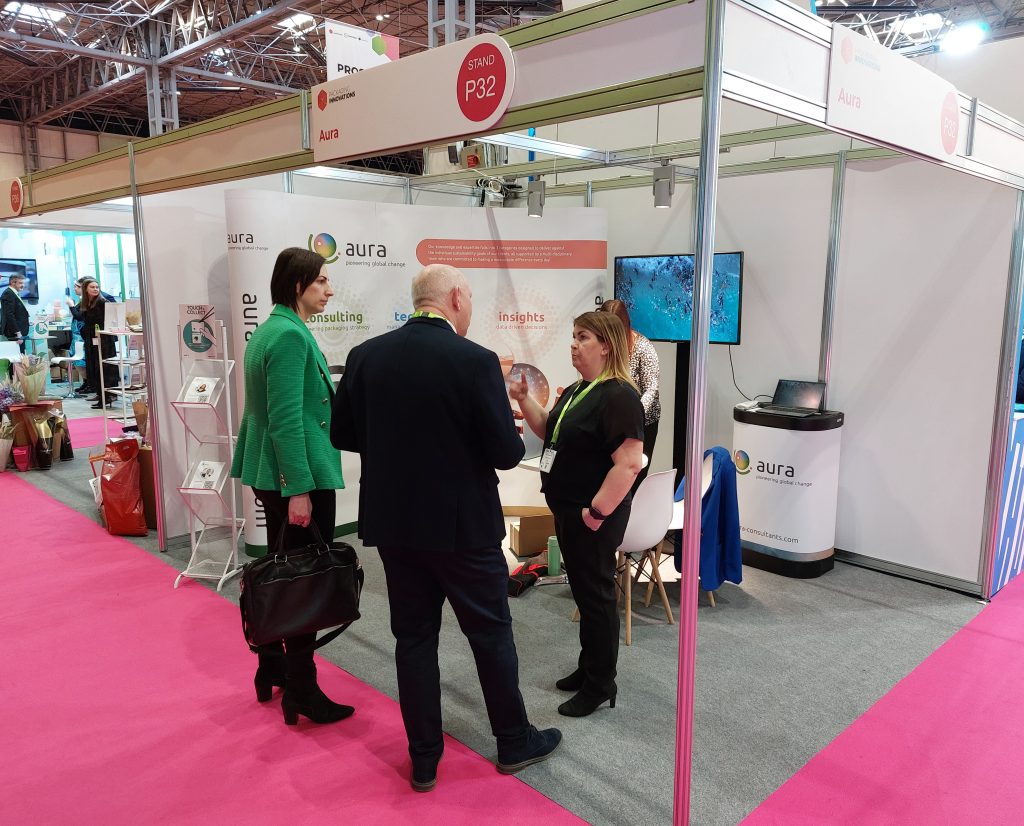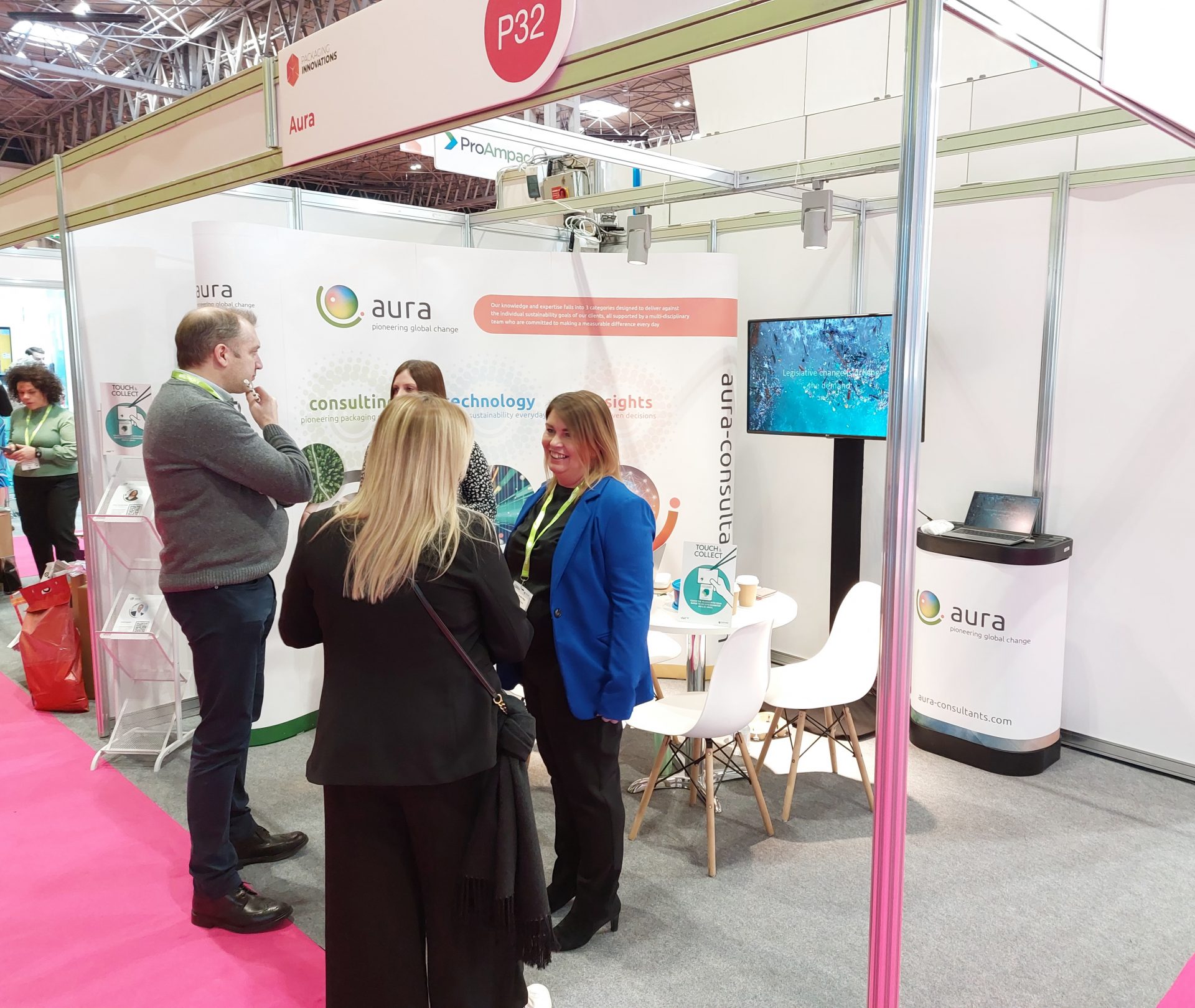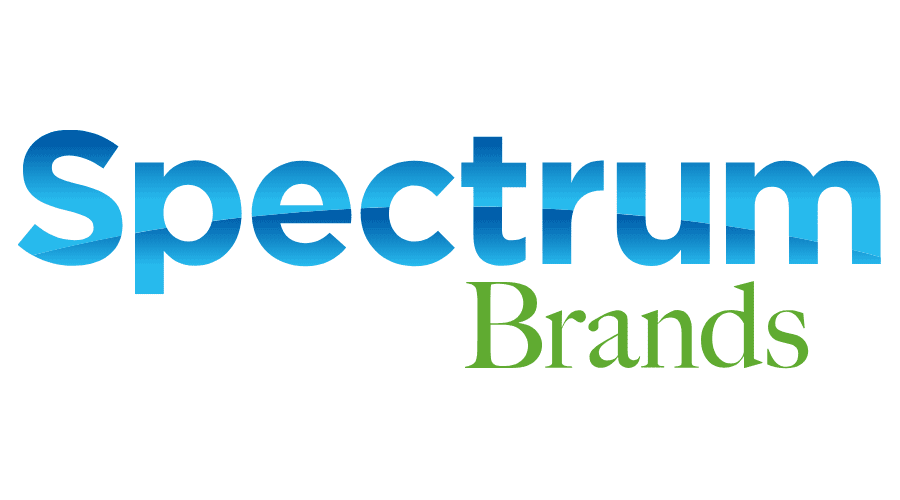Packaging Innovations at the NEC was the first of many exhibitions and conferences for the Aura team in 2023.
The event, as always, was extremely busy with a cross-section of brands, retailers, manufacturers, and general packaging enthusiasts. It was great to see many familiar faces and meet lots of new people too.
However experienced or new to the packaging industry we are, we all face the same challenges – increasing legislation and a desire to do the right thing. Therefore, it will be no great surprise that everyone was talking about the impending Extended Producer Responsibility (EPR) obligations and their uncertainty of the impact it will have on their business. One thing is for sure, if packaging isn’t recyclable and doesn’t contain recycled content then it will attract a much higher tax with EPR eco-modulation – likely to be 10 times current Packaging Recovery Note (PRN) obligations!

I was very much encouraged to see so many people attending the talks, possibly due to the confusion and high rate of flux affecting packaging globally. I had the honour of speaking on the 1st day of the exhibition and was overwhelmed by the number of attendees, exceeding 120. I was keen to create some insights, (not least to make it as interactive as possible) so ran a quick survey with over 73% participation rate. The results were very interesting…
- 53% would like to pioneer packaging sustainability
- 17% currently have live and accurate packaging specifications
- 15% have packaging data good enough for eco-modulation with the remaining being:
- 23% hope their data is good enough
- 19% are unsure
- 43% not good enough
This was followed by the killer question – Do you think recycling is enough to make a positive climate change difference?
- 19% said yes
- 31% said no
- 50% said no but it is a contribution factor
With comments such as “It really helps! But it isn’t the only aspect to consider” and others highlighting the need to be more circular: “I think re-usability feeding into the circular economy is important moving forward”.
My opinion is that recycling is the bare minimum, it will make a difference to climate change but not enough in isolation. We should be actively working towards a circular economy with recycled content, reusables/refillables as well as less packaging (where appropriate). Then we need to determine a standard carbon measure or even better life-cycle analysis. However, we cannot forget about education and responsible communication to consumers, we all have a responsibility to do this. A change of behaviour will have the biggest impact on positive climate change.

The overarching message I was promoting was, we have all made ‘gut feel’ decisions on packaging but those days have gone now. We need to be using data to drive strategic decisions on all areas of business including packaging. This becomes more important with EPR, we all have to start really examining the total cost of goods including resources and speed to market – all that information must be data driven. Not industry or sector averages but live and accurate data. Averages have been acceptable in the past however so much effort is put into packaging and achieving sustainability targets, we need to make that effort count and accurately calculate your Plastic Packaging Tax (PPT) and EPR as well as track your performance against you goals.
We have all made ‘gut feel’ decisions on packaging but those days have gone now. We need to be using data to drive strategic decisions on all areas of business including packaging.
Gillian Garside-Wight
Most manufacturers exhibiting were promoting ‘sustainable’ packaging solutions, however without real tangible data it is still a challenge for brands and retailers to navigate the best solutions for them.
If we can help you on your journey to being a pioneer of packaging sustainability and achieve your goals, please get in touch. We would love to share our knowledge and demonstrate our e-halo programme that our existing clients are currently benefiting from.














